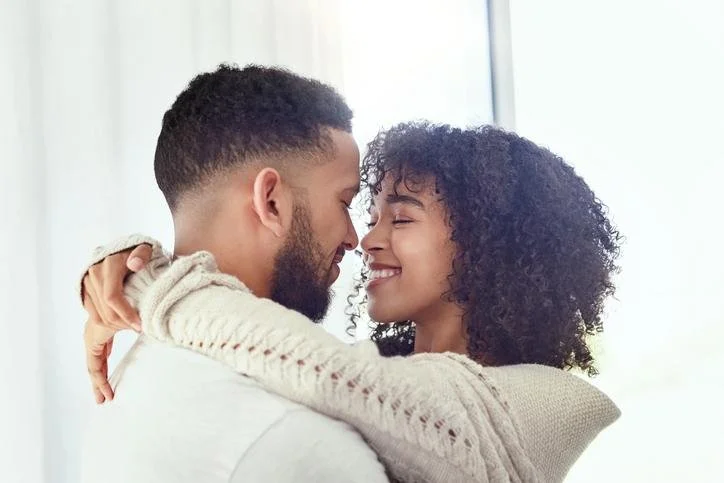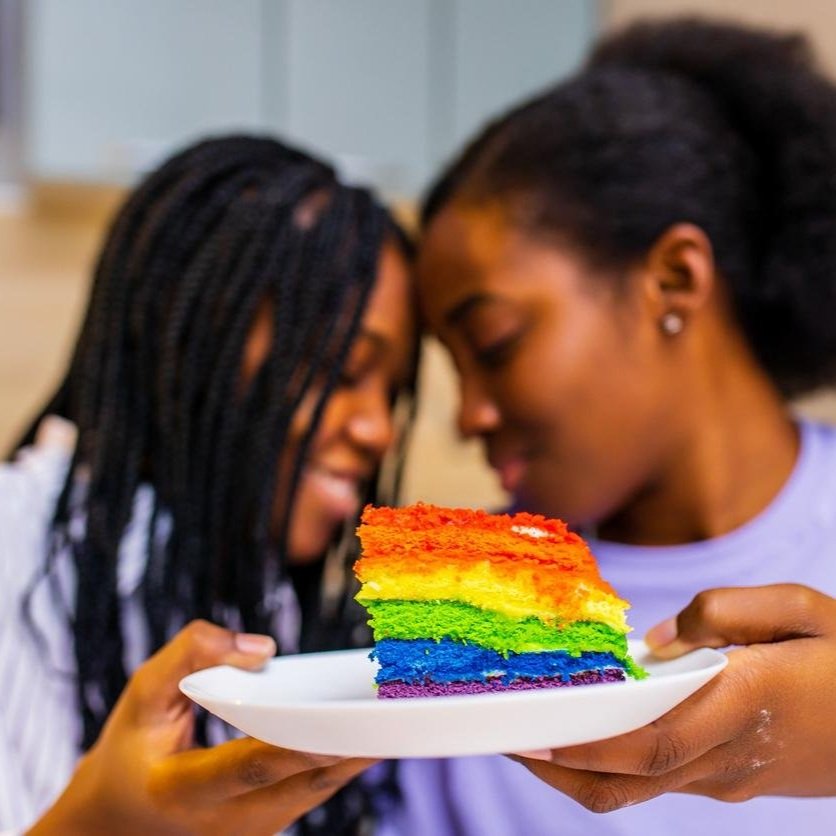When the Bond Breaks: When It’s Time to End a Friendship and How to Do It
By: Jamila Gomez
I’ve never been that great at building and maintaining friendships. Growing up, I was a loner. My experiences with Spina Bifida and the different ways the defect showed up in my life in the wrong places at the wrong times often left me feeling like I would never get to the place where I could ever harness real connections because I felt so abnormal.
There are a few people that I have known since childhood who have stuck with me all this time and we’re all pushing 40. And even recently, I have been able to make a few connections that stuck. At least, they stuck for a while.
As I’ve gotten older, my personal definition of friendship has taken on a deeper meaning than it used to. Before, I simply wanted to be around people I had things in common with that I could go out and have fun with. Then I grew more introverted than I am now and it just became a desire for people I had things in common with. Overtime, I began to notice that the adhesive on these bonds was not as strong as I thought it was and these bonds began to break.
The severing would start to take place when real-life situations began to show up in our lives. One friend would begin a new romantic relationship and I was pushed to the side. But when she was bored or her relationships ended, she then had time. But then there would be times when I would feel a little down for whatever reason and just needed someone to talk to but ended up having to deal with it by myself.
Then there is the friend of a different race with whom we can bond over music but can’t talk about the racial divide and what we can do together to try and stop it. It can feel really lonely when you feel like you are the only one among your people who truly cares and I have found myself in this lonely place with her on many occasions.
Things like this may sound trivial, but to me, they were red flags. I needed more out of my friendships than just someone I can go to lunch with or talk about music with. I needed friends I could do life with. Ones I could at least talk about life with. Sure, we can hang out and go places and have fun. That’s part of it. But I needed more than just lunch.
I needed friend with whom I could travel the world with. Friends I could celebrate milestones with. Big events. Triumphs. But also those who’d hold each other down when things get rough. Friends who live by “check on your strong friends”. When I realized what I needed was not what I actually had, it was time to make some changes.
Ending friendships is never easy, especially when it wasn’t easy to obtain them to begin with. It takes quite a bit of introspection and being honest with yourself and what you know you need. And not just what you need, but also what you have to give. Friendships are reciprocal and the friend shouldn’t be the only person doing the giving. You have to give also. But it is important that don’t deprive yourself of the things you need from a friendship. And if you know you’re not being fed the way you would like, perhaps it’s time to reevaluate.
Another thing to be mindful of regarding whether or not a friendship needs to end is if the bond feels stagnant. As we grow as individuals, the friendships we have should evolve and mature as well. If you both are growing but the friendship isn’t, it’s a sign that you are growing in different directions. And it’s okay. Your life isn’t over just because a friendship is. It just means that, that chapter in your life is done and it’s time to start a new one.
The way one goes about ending a friendship is really up to that person. While it’s not the most respectful thing to ghost the person, some may find it better to avoid confrontation, arguments, and mind-changing. Otherwise, perhaps you may want to sit down with the friend to get the concerns off your chest. No need to go into grave detail, but if you need to give a brief telling of why you need to cut ties, at least the other person can have that closure.
Take as much responsibility and accountability as you can. Avoid placing blame on the other person unless they have offended you. If that is the case, let them know of the offense, but still be responsible for your own feelings.
When all is said and done, both of you will need time. It’s okay to mourn and grieve over the end. Make sure you take care of your feelings and emotions during the grieving process. But allow yourself to feel what you need to feel. Chances are it’s going to hurt. Let it hurt, but then let it heal. Remember that you can always build new bonds with new people.








